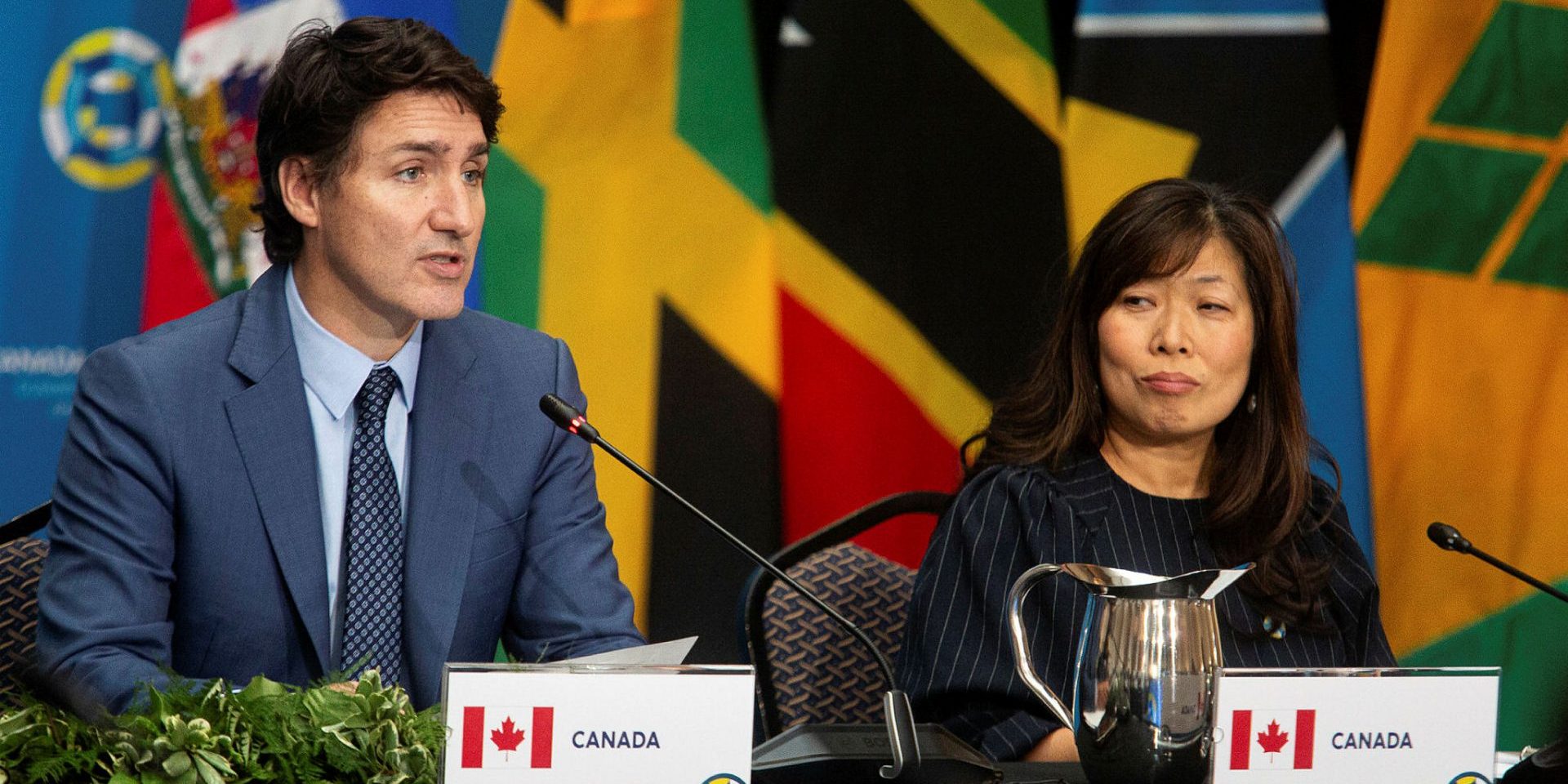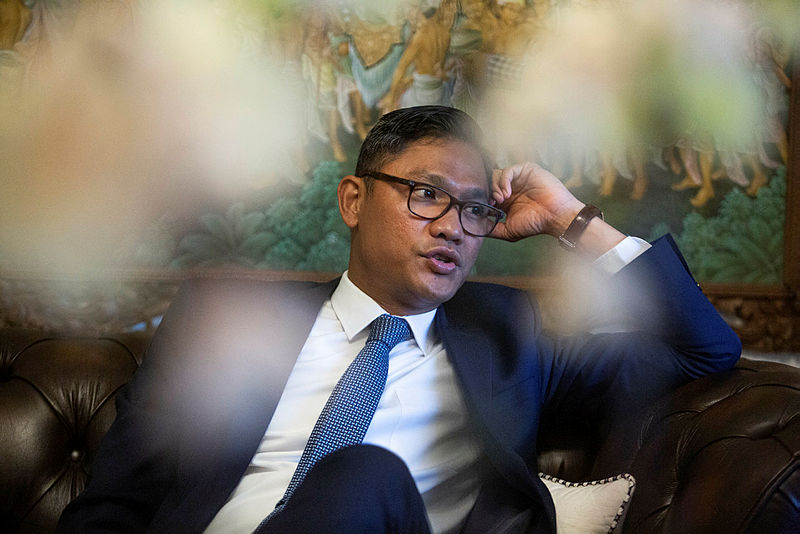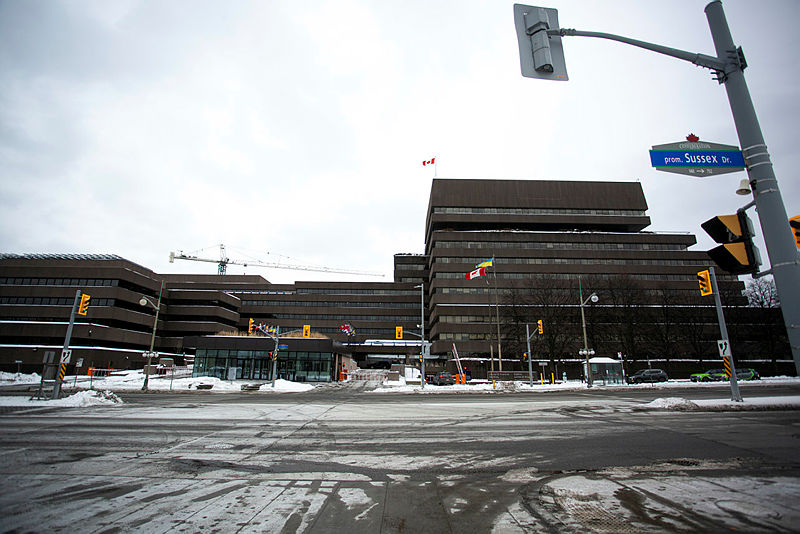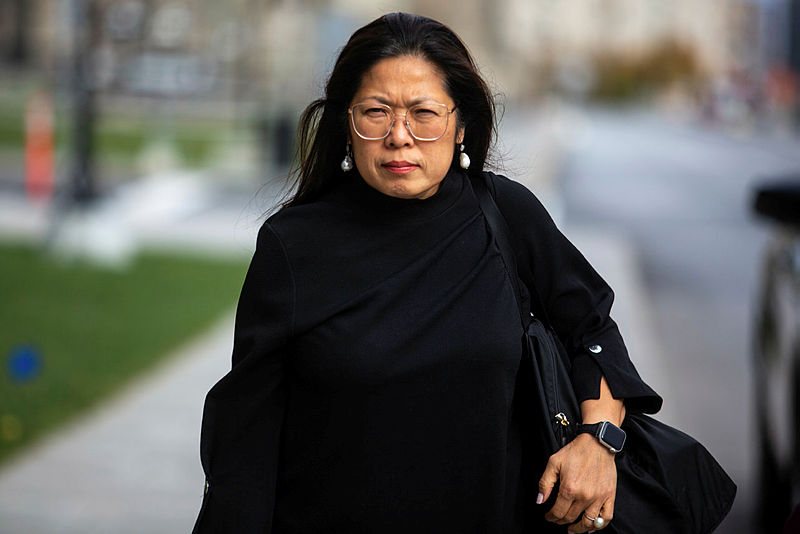Canada and Indonesia face hurdles to finalize trade talks, putting end-of-year pledge at risk

Nearly half a year ago, Canada and Indonesia vowed to conclude negotiations on a free trade pact by the end of 2024. But that timeline might be in jeopardy with much still to be dealt with at the negotiation table, despite both sides trumpeting progress.
Trade talks with Indonesia are one of the four major negotiations on the government’s docket, and the only one with a finish line in sight. Talks with India and the United Kingdom are paused, and negotiations with the Association of Southeast Asian Nations (ASEAN)—a bloc of 10 countries, which includes Indonesia—are expected to take more time. A Global Affairs Canada (GAC) spokesperson described an agreement with Indonesia as a “key component” of Canada’s Indo-Pacific strategy.
However, a delay for an improved Indonesian offer on market access for goods, and an unwillingness from Jakarta to attach enforceability to labour and environmental provisions, as well as slow progress negotiating investment protections, pose challenges at the negotiation table.
On the margins of the ASEAN Summit on Sept. 5, 2023, Prime Minister Justin Trudeau (Papineau, Que.) met with Indonesian President Joko Widodo, commonly known as Jokowi, and committed to conclude trade negotiations by the end of 2024 “at the latest,” according to a PMO readout of the meeting.
In a “general statement” on advancing negotiations released the same day, the two sides agreed to “sustain intensive engagement to maintain momentum, with a goal of substantively concluding [the trade deal] by the end of 2024.” The statement highlighted that the two leaders instructed their officials to have a round of negotiations “approximately every two months, if possible.” That did not happen, as there will be a five-month gap between the last round and the start of the scheduled next round March 4-8 in Semarang, Indonesia.
Publicly, Canada and Indonesia are both stressing that progress is being made towards a 2024 completion.
“Everything is very good—good vibe, good atmosphere. The two sides understand the importance of this to be concluded,” Indonesian Ambassador Daniel T. S. Simanjuntak told The Hill Times during an interview at his country’s Parkdale Avenue embassy.

“I’m very optimistic that the conclusion will be on time based on the discussions made by the two leaders,” he said.
GAC spokesperson Jean-Pierre J. Godbout told The Hill Times in a statement that “negotiators are making steady progress and working collaboratively towards the target for conclusion in 2024, as set out by Prime Minister Trudeau and President Jokowi.”
“Both sides realize the importance of reaching a high-quality agreement that works in the interests of both Canadians and Indonesians, and as such, we will take the time necessary to reach the right deal,” Godbout added.
Canada and Indonesia’s public optimism seemingly clashes with the challenges highlighted by a GAC official in a closed-door briefing with stakeholders last fall.
After the most recent round of negotiations, progress was mixed across several chapters, with much work to be done on others. The two teams of negotiators were far apart on market access, technical barriers to trade, investment dispute settlement, and inclusive trade, while progress was being made on rules of origin, sanitary and phytosanitary measures, and temporary entry, according to information obtained by The Hill Times about the GAC briefing to stakeholders last November.
Stakeholders were told that the 2024 target set out by Trudeau and Jokowi would be a challenging one, especially as they didn’t expect a better offer on market access for goods until after this year’s Indonesian election. The new president won’t be inaugurated until October. Indonesia’s most recent offer on market access didn’t cover the agreed-upon target of modalities, according to the information obtained by The Hill Times.
Early results from the Feb. 14 election peg the controversial Prabowo Subianto as Indonesia’s next leader, but results are not yet official. The former general was once banned from entering the United States, and has faced allegations of human rights violations. A GAC official didn’t respond to a question regarding whether the results of the election would affect trade negotiations.
According to the information obtained by this newspaper, Jakarta has been reluctant to speak in detail with Canadian negotiators about an investment-state dispute settlement (ISDS) mechanism, which is typically in all of Canada’s free trade pacts (except for when it was removed during the renegotiations of the North American trade deal).
ISDS provisions allow for foreign investors to sue a contracting country through arbitration—instead of in domestic courts—in case a change to their laws alters the business environment. Critics have accused ISDS of curtailing a country’s sovereignty and undermining public policy initiatives.
An Indonesia Embassy official said that substantial elements of dispute settlement will be dealt with at the later stages of negotiations.
Canadian negotiators have also received opposition to attaching enforceability measures to labour and environment provisions, according to information from the fall briefing obtained by The Hill Times.

However, the text on sanitary and phytosanitary measures is basically completed, with the exception of dispute settlement. More than half of the issues related to temporary entry have been finished.
An Indonesian Embassy official told The Hill Times that two chapters have been “substantially concluded”: one on transparency, anti-corruption, and responsible business conduct; and another on good regulatory practices.
Economic modelling suggests that a free-trade pact could boost Canada’s GDP by $328-million, and increase exports to Indonesia by $447-million, according to information revealed when Canada’s trade objectives for Indonesian negotiations were tabled in the House of Commons in 2021.
Simanjuntak said he isn’t sure how many more rounds would be needed before a deal could be completed, remarking that what is most important is the quality of discussion. He said there is time for a number of rounds to take place before the end of the year.
The Indonesian ambassador said no matter the results of his country’s election, all candidates will support advancing work towards a trade pact.
“I’m very optimistic [that] this issue will be taken up positively in Indonesia,” he said.
Canadian Labour Congress senior researcher Elizabeth Kwan said Canada cannot finalize a trade pact that doesn’t enforce labour and environment standards, remarking that the lack of progress on labour and the environment is a “real concern.”
“Any of our free-trade agreements that hurt Canadian workers, we should walk away from it. We should not be negotiating, and basically negotiating down our labour rights and protections,” she said.
“Canada’s unions are looking for progressive trade agreements that would have strong and enforceable labour chapters,” she said, adding that if it’s not included, than a Canada-Indonesia deal wouldn’t be considered a progressive trade pact.
“Then it would be harmful to workers, and quite frankly, harmful to the environment. Something in there isn’t good enough. It has to be enforceable,” she said.
Kwan said if Canada doesn’t include enforceable measures, it will be acting against its own commitments.
In its trade objectives that were tabled in Parliament in 2021, the government indicated it would seek to negotiate a deal that includes “comprehensive and enforceable commitments” on both labour and the environment.
Kwan said the negotiators should be working towards the right deal, and not a rushed deal to meet the deadline set out by Trudeau and Jokowi.
“Do it right,” she said. “Do not give us a bad deal that is going to hurt workers here and hurt workers in Indonesia.”
A GAC spokesperson didn’t respond to a question regarding whether Canada will insist on the deal including enforceable labour and environment provisions.
Soy Canada executive director Brian Innes said he believes there is a pathway for an agreement to be finished this year.
“I believe where there’s a will to conclude, there’s an ability to conclude,” he said. “What I see is real opportunities between Canada and Indonesia to grow our economies, and I see that there is will to have significant discussions towards an agreement.”
Soya beans are Canada’s second largest agricultural export to Indonesia, totalling nearly $170-million in 2021, 9.2 per cent of Indonesia’s imported market.
Innes said having a timeline in place is “really important” for the negotiators to focus on arriving at an agreement.
“However, we must have an agreement that meets the best interest of Canada,” he said, remarking that from a soya-bean perspective, that means targeting non-tariff barriers that relate to “seed technology” and “crop protection technology,” as well as sanitary and phytosanitary measures.
He said there is a lot that can be accomplished within 10 months.
“There is a ways to go, but there is certainly engagement, direction, and potential to reach that timeline,” Innes said.

Trevor Kennedy, the Business Council of Canada’s vice-president of Indo-Pacific, said he is optimistic a deal can be completed by the end of the year.
“We remain hopeful that the two governments can stick to their planned timeline,” he said. “With any trade negotiation, there are unforeseen challenges and obstacles to overcome. Hopefully, there’s nothing too significant.
Kennedy said Canada shouldn’t be concluding an agreement just for the sake of finalizing one, but remarked that it is possible to wrap up “the best deal for Canada” within the timeline.
nmoss@hilltimes.com
The Hill Times






 LICENSING
LICENSING PODCAST
PODCAST ALERTS
ALERTS













